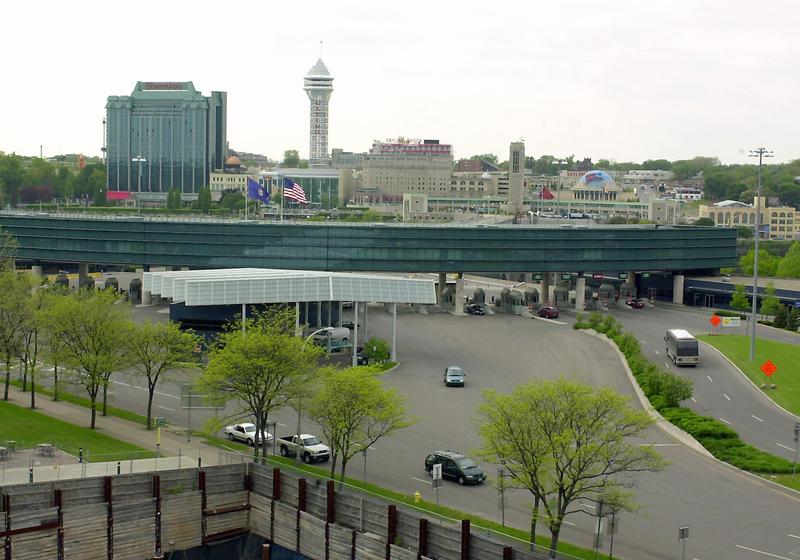
The degree to which people in New York and New Jersey have been asked to isolate themselves as much as possible is unprecedented. And while it appears to be containing the spread of COVID-19, the impact it's having on our mental health is less clear.
One place to look to for some guidance is the 2003 SARS outbreak. That coronavirus didn't get much of a foothold in the United States, but it did hit Canada—particularly the city of Toronto, which was the epicenter of SARS in North America. While it was far less deadly than COVID-19 has become, with 8,437 total cases and 813 deaths worldwide, it is a good case study for the impact that working through an epidemic and having to go through extended periods of quarantine can have on a person's mental health.
University of Toronto psychiatry professor Dr. Rima Styra and the leader of Toronto Western Hospital's Critical Care Response Team, Dr. Laura Hawryluck, both worked in the field during the 2003 SARS outbreak. Afterward, they studied the effects it had on medical professionals' emotional states.
"They actually experienced symptoms both of post-traumatic stress disorder, which was basically fear, anxiety, sometimes feeling angry and upset and more impulsive, and other people experienced tremendous feelings of depressive affect: feeling sad, tearful, overwhelmed," Styra told WNYC's Jami Floyd.
According to their research, the longer a person spent in quarantine for SARS, the more likely they were to experience these symptoms. At the same time, most of the people who were quarantined in 2003 were health care workers who had come into contact with a SARS patient, meaning they were also struggling with the intense stress of fighting to keep people alive.
"All the psychological impacts that we know we're asking people to go through, the health care teams are feeling those impacts too," said Hawryluck. "We don't know when it's going to end, and seeing so many people with COVID-19 come into the ICU and seeing what their lungs look like, it's scary."
For the full conversation, click "Listen."
If you are in need of emotional support, you can contact New York City's NYC WELL program or the National Suicide Prevention Lifeline at 1-800-273-8255.
